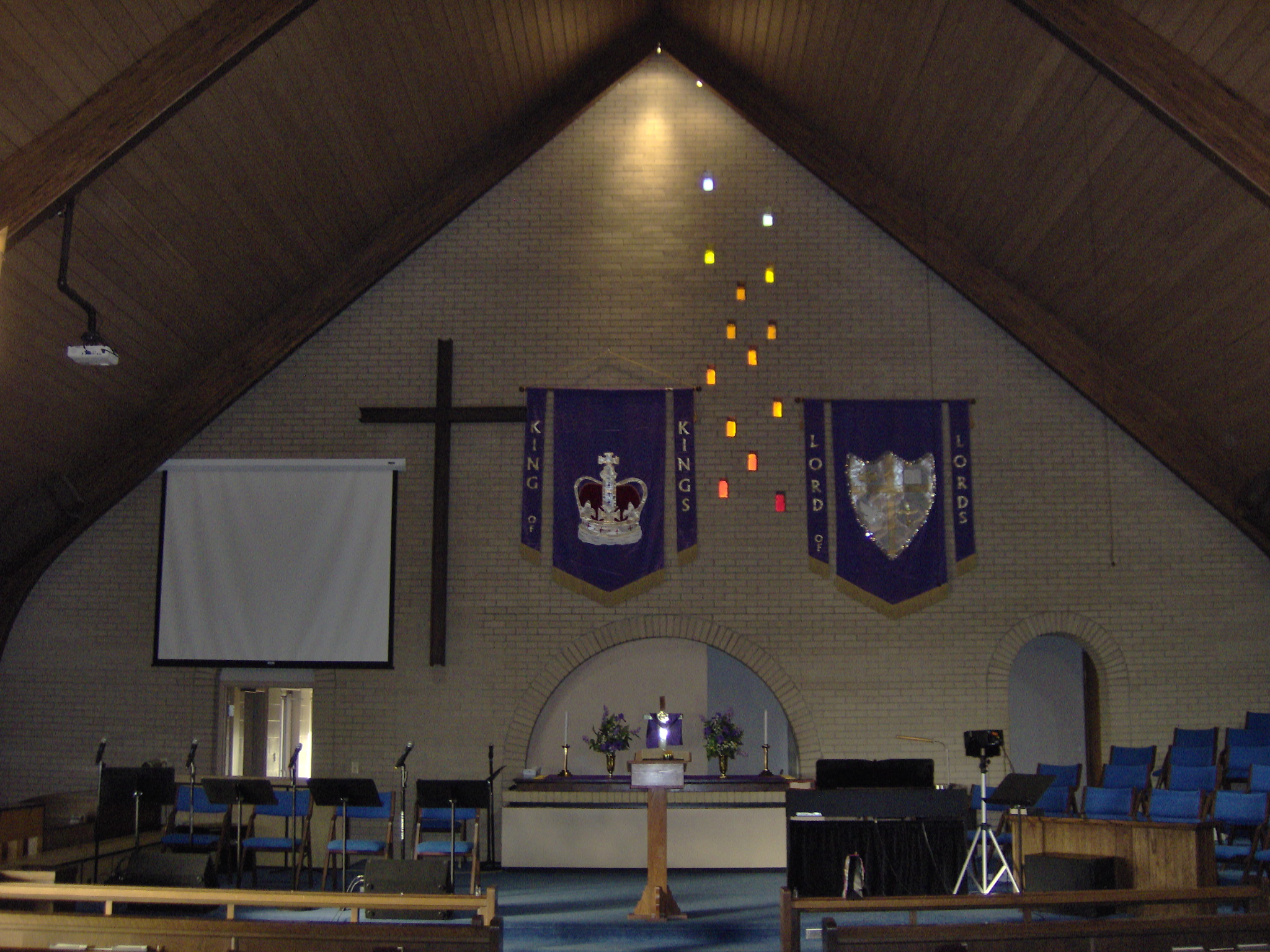Bah! Humbug!
I Samuel 7:2-13
Last Tuesday, while the rest of the kids were doing homework and Jess was at work, I turned on Disney+ for Vyolette to watch one of my favorite Christmas Cartoons A Christmas Carol. She was so drawn into the story, as many of us have been but quite a few people do not realize that Charles Dickens wrote this book to be an allegorical representation of New Testament Scripture.
Dickens wrote A Christmas Carol in response to British social attitudes towards poverty, particularly child poverty, and wished to use the novella to put forward his arguments against it. The story shows Scrooge as a paradigm for self-interest, and the possible repercussions of ignoring the poor, especially children in poverty—personified by the allegorical figures of Want and Ignorance. The two figures were created to arouse sympathy with readers—as was Tiny Tim.[1]
When Dickens was young he lived near a tradesman’s premises with the sign “Goodge and Marney”, which may have provided the name for Scrooge’s former business partner. For the chained Marley, Dickens drew on his memory of a visit to the Western Penitentiary in Pittsburgh, Pennsylvania, in March 1842, where he saw—and was affected by seeing—fettered prisoners. For the character Tiny Tim, Dickens used his nephew Henry, a disabled boy who was five at the time A Christmas Carol was written. The two figures of Want and Ignorance, sheltering in the robes of the Ghost of Christmas Present, were inspired by the children Dickens had seen on his visit to a ragged school in the East End of London.[2]
Ebenezer Scrooge is, in fact, an oxymoron. An oxymoron is a combination of contradictory or incongruous words (such as cruel kindness) and broadly as something (such as a concept) that is made up of contradictory or incongruous elements.[3] Dicken’s uses a play on words in the name of the main character. More on that later….
We get a miserly Scrooge and Bob Cratchit, who is grossly underpaid and treated unfairly as Scrooge’s clerk. At the age of 30, he and his wife Emily have 6 children: Martha, Belinda, Peter, Tiny Tim, Matthew, and Lucy. To say the Cratchit’s were poor is an understatement and Scrooge abused Bob and his family by making Bob work sunup to sundown, lack of heat, and a salary that way nowhere near the cost of living. While it might surprise us today, it had been considered culturally accepted in England, when Dicken’s writes this, to have to work on Christmas Day, something that Scrooge was requiring Bob to do, but Bob asked for just a half-day which Scrooge begrudgingly agrees to at, or course, a half a day’s wage!
Scrooge head home late on Christmas Eve and is visited by his former partner, Jacob Marley, whom to make money off of his friend, had him buried out at sea so not to have to pay the grave diggers or a headstone. Marley, wrapped in chains of torment, warns Scrooge that his demise will be worse if he does not change and tells him that he will be visited by 3 ghosts, past, present, and future. We all know the rest.
Scrooge: Sin, Repentance, Transformation
I Samuel 7- 2 So it was that the ark remained in Kirjath Jearim a long time; it was there twenty years. And all the house of Israel lamented after the Lord.3 Then Samuel spoke to all the house of Israel, saying, “If you return to the Lord with all your hearts, then put away the foreign gods and the Ashtoreths[a] from among you, and prepare your hearts for the Lord, and serve Him only; and He will deliver you from the hand of the Philistines.” 4 So the children of Israel put away the Baals and the [b]Ashtoreths, and served the Lord only.
5 And Samuel said, “Gather all Israel to Mizpah, and I will pray to the Lord for you.” 6 So they gathered together at Mizpah, drew water, and poured it out before the Lord. And they fasted that day, and said there, “We have sinned against the Lord.” And Samuel judged the children of Israel at Mizpah.7 Now when the Philistines heard that the children of Israel had gathered together at Mizpah, the lords of the Philistines went up against Israel. And when the children of Israel heard of it, they were afraid of the Philistines. 8 So the children of Israel said to Samuel, “Do not cease to cry out to the Lord our God for us, that He may save us from the hand of the Philistines.”
9 And Samuel took a suckling lamb and offered it as a whole burnt offering to the Lord. Then Samuel cried out to the Lord for Israel, and the Lord answered him. 10 Now as Samuel was offering up the burnt offering, the Philistines drew near to battle against Israel. But the Lord thundered with a loud thunder upon the Philistines that day, and so confused them that they were overcome before Israel. 11 And the men of Israel went out of Mizpah and pursued the Philistines, and [c]drove them back as far as below Beth Car. 12 Then Samuel took a stone and set it up between Mizpah and Shen, and called its name [d]Ebenezer*, saying, “Thus far the Lord has helped us.”
13 So the Philistines were subdued, and they did not come anymore into the territory of Israel. And the hand of the Lord was against the Philistines all the days of Samuel. (NKJV)
*אֶבֶן הָעֵזֶר -‘eben hâ‛êzer- eh’-ben haw-e’-zer–From H68 and H5828 with the article inserted; stone of the help; Eben ha-Ezer, a place in Palestine: – Ebenezer.
So, Ebenezer Scrooge means stone of help miserly or in modern English, person who only helps himself, or SELFISH.
What about the three ghosts who warn Scrooge? Does this sound familiar? Luke 16:19-31 (Another allegorical story)
Finally, Luke 4:16-21
[1] https://en.wikipedia.org/wiki/A_Christmas_Carol
[2] Ibid.
[3] https://www.merriam-webster.com/dictionary/oxymoron
